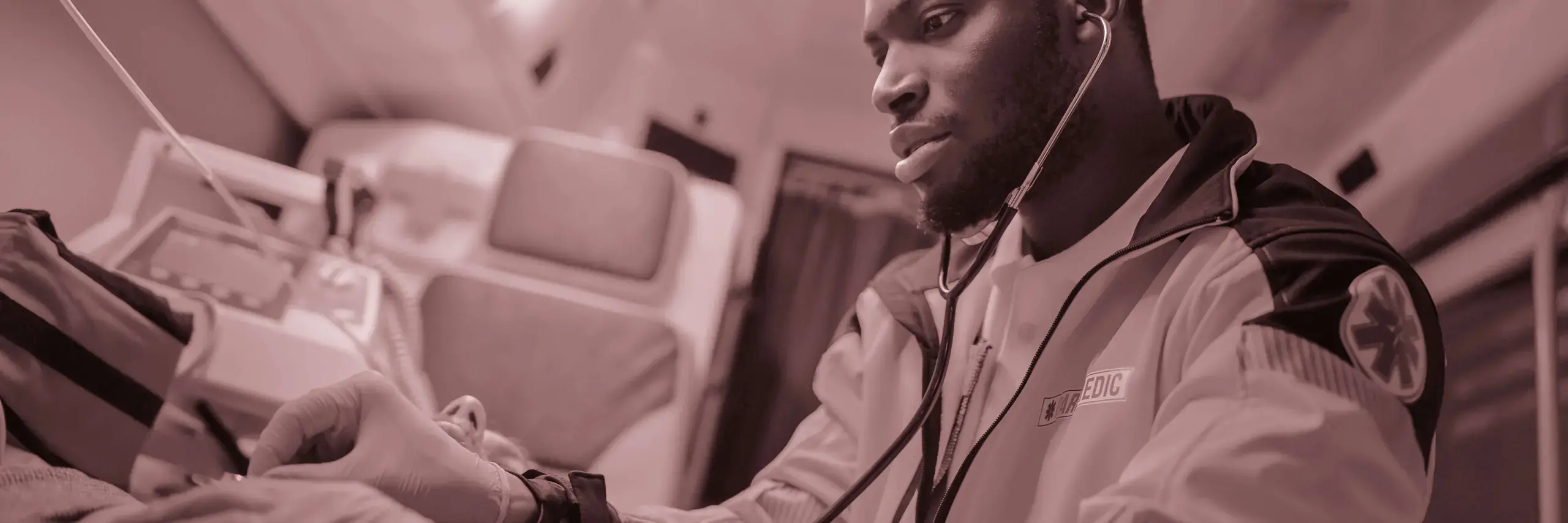Main content
PSA calls on stakeholders to respond to Government consultation on licensing of non-surgical cosmetics
16 Oct 2023
The Professional Standards Authority (PSA) is calling on stakeholders to respond to the Government’s consultation on licensing of non-surgical cosmetics which is open until 28 October and has published a briefing outlining the key points it will be raising in its response.
The PSA’s key points include:
- Support for the introduction of a licensing scheme to ensure that those who choose to undergo a non-surgical cosmetic procedure can be confident that the treatment they receive is safe and of a high standard.
- The need to ensure that the licensing scheme is simple and transparent to allow the public to easily understand requirements when choosing who to receive non-surgical cosmetic treatments from.
- It is important that the licensing scheme fits with existing regulatory mechanisms - the scheme should recognise and complement mechanisms such as the Accredited Registers programme which is already acting to raise standards in the area of non-surgical cosmetics.
- A call to those seeking non-surgical cosmetic procedures to choose a practitioner on a register accredited under our Accredited Register programme until a licensing scheme is in place.
- Encouraging all eligible non-surgical cosmetic practitioners to join an Accredited Register to demonstrate their competence and reduce risk to the public.
The PSA has accredited two registers for non-surgical cosmetic practitioners Save Face and the Joint Council for Cosmetic Practice (JCCP). Accreditation provides assurance to the public and employers that practitioners are subject to high standards of competence and are covered by robust complaints processes, helping to ensure that people receiving care are better protected.
ENDS
Professional Standards Authority for Health and Social Care
Email: media@professionalstandards.org.uk
Notes to the Editor
- The Professional Standards Authority for Health and Social Care oversees 10 statutory bodies that regulate health and social care professionals in the UK.
- We assess their performance and report to Parliament. We also conduct audits and investigations and can appeal fitness to practise cases to the courts if we consider that sanctions are insufficient to protect the public and it is in the public interest.
- We also set standards for organisations holding voluntary registers for health and social care occupations and accredit those that meet them.
- We share good practice and knowledge, conduct research and introduce new ideas to our sector. We monitor policy developments in the UK and internationally and provide advice on issues relating to professional standards in health and social care.
- We do this to promote the health, safety and wellbeing of users of health and social care services and the public. We are an independent body, accountable to the UK Parliament.
- Our values are – integrity, transparency, respect, fairness and teamwork – and we strive to ensure that they are at the core of our work.
- More information about our work and the approach we take is available at www.professionalstandards.org.uk


